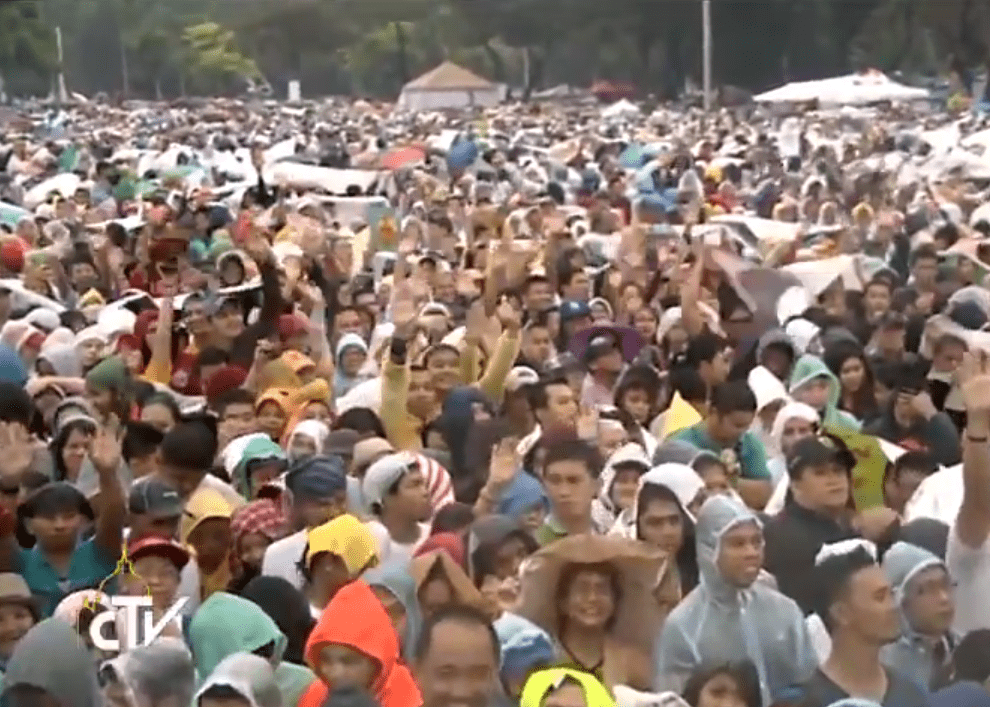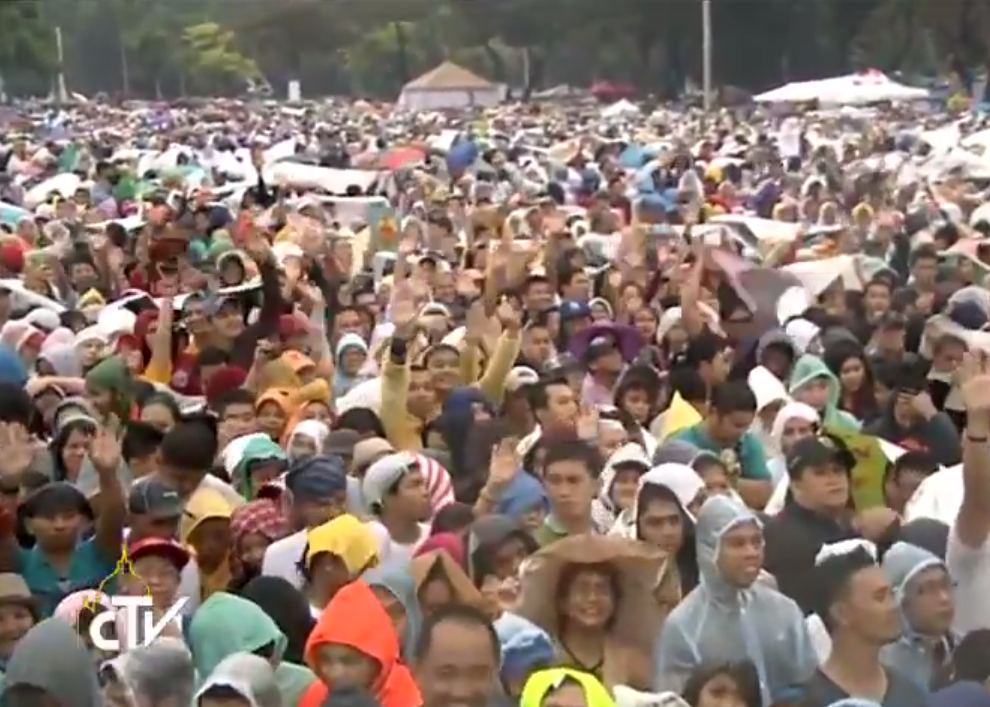Evaluating the “Francis effect”
writes that many journalists have asked me about the “Francis effect.” Is Francis bringing people back to church?
After a television interview, I was talking with a young producer who told me of her experience. She had been raised Catholic, but stopped going to church in college. Now she is engaged and was encouraged by her fiancé and Francis to give the church another try. After going to church a few times, she felt called to go to the sacrament of reconciliation. It was a disaster. The priest yelled at her and told her that everything bad that had happened to her was because she had not gone to confession in 10 years.
There will be no “Francis effect” if when people return to the church they do not meet someone like Francis at their parish. Going to confession today is like playing Russian roulette. You don’t know whether you will meet the compassionate Jesus or some angry, judgmental crank who thinks it is his job to tell people how bad they are. This is a form of abuse about which the church has done nothing.
Nor should we limit our focus to the clergy. Parish staff can be tempted to clericalism, and parish communities can ignore new parishioners who can feel lost in a crowd of people.
Try this experiment. Go to a Catholic church you have never attended and see how long it takes before someone initiates a conversation with you. Then go to an Evangelical church and try the same experiment. The Evangelicals will win every time.
Organizational theorists remind us that to reform an institution requires more than just rearranging the organizational chart. It requires a change in culture, or what we Christians call a spiritual conversion. A pope can point the way through both word and example, but unless we get on board there will be no permanent change in the church.
For centuries, the Catholic church has presumed that the role of the clergy is to be active and the role of the laity is to be passive. The Second Vatican Council tried to kill that notion, but old patterns die slowly.
In Brazil, Francis led the bishops through an examination of conscience, which included the question: Do we give the laity “the freedom to continue discerning, in a way befitting their growth as disciples, the mission which the Lord has entrusted to them? Do we support them and accompany them, overcoming the temptation to manipulate them or infantilize them?”
When conversation turns to the priest shortage, I sometimes joke, “Maybe God knows what she is doing. Maybe this is the only way to end clericalism in the church.”
The positive side of the priest shortage is that the few remaining priests (and sisters) can’t do everything and if the church is to survive, the laity must step forward and be empowered to make the church prosper. One pastor I admired used to joke, “More power to the people; less work for the father.”
Francis has given us hope and shown us the way, but it is up to us to pick up the ball and run with it. There is no room in the church for passive observers; we are all called to be the body of Christ active in our world today. That means participating in or supporting parish programs for liturgical music, hospitality, continuing education, Scripture discussion, youth ministry, and social justice, to mention just a few.
Francis’ desire for a “poor church for the poor” or for the church to be a “field hospital” has to be incarnated at the parish level or it will not happen at all.
Having read his reflections (full article) what do you think? Share your thoughts by clicking on the comment link attached to this article.
[Jesuit Fr. Thomas Reese is a senior analyst for NCR and author of Inside the Vatican: The Politics and Organization of the Catholic Church. His email address is treesesj@ncronline.org [1]. Follow him on Twitter: @ThomasReeseSJ [2].]
Note: NCR can send you an email alert every time Thomas Reese’s column, Faith and Justice [3], is posted. Go to this page and follow directions: Email alert sign-up [4].



 ThomasReese, author of Inside the Vatican: The Politics and Organization of the Catholic Church,
ThomasReese, author of Inside the Vatican: The Politics and Organization of the Catholic Church,



Great Article and so true. Oh how I remember the Jesuit priests doing their missions and telling us we were going to hell. As a child it seemed we were going to hell regardless of what we did. Thank goodness this has changed.